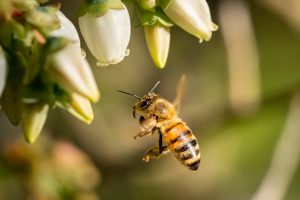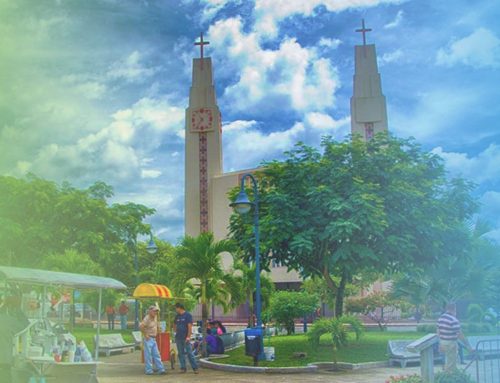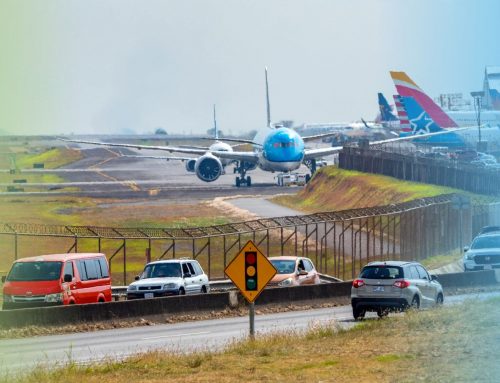Pollination is the natural process by which flowers reproduce, promoting the appearance of fruits, seeds, plants, and trees. Pollen is transferred from the stamen (male flower organ) to the stigma (female flower organ) resulting in fertilization.
This beautiful task is performed by small but valuable insects like bees and mosquitoes, among others. Without these pollinators, we could not enjoy much of the food we eat. For this reason, it is very important to know the bees and other pollinators of Costa Rica, and how we can protect them and preserve the important work they do.
Pollinators in Costa Rica
Pollinators move from plant to plant searching for pollen to eat; during this process, they pollinate the plants that will give us food.
In Costa Rica, there are several species in charge of this task, among the main ones we can highlight: butterflies, hummingbirds, bees, drones, wasps, flies, bats, moths, and beetles.
We have the privilege of having many pollinators and for this reason, it is very important to know them in order to keep our ecosystem healthy and balanced, working in the most organic and natural way possible.
Bees as pollinators
Although all these species are of great importance, bees have a leading role in the pollination process. Bees pollinate about 71% of the food we eat.
In Costa Rica we have approximately 700 species of native bees that are responsible for pollinating our food. In recent years, these have been endangered by the use of pesticides and herbicides and not being able to find flowers and plants to feed on.
There are some ways to help bees and therefore ourselves. If we create pollinator gardens with plants that attract this type of insects, we can encourage their reproduction. Flowers like San Rafael and Hierba de San Juan are easy to come by and will attract many bees to your garden!
Costa Abeja
Costa Abeja is an organization that provides consultancies to local governments, and private organizations, and carries out campaigns for the conservation of native bees.
Mariana Acuña, a biologist and founder of the Costa Abeja project, told us about the efforts that are being made in Costa Rica to support the preservation of these important pollinators.
In addition to directing this project, Mariana is co-author of the book Abejas de Costa Rica, in which, along with other authors, they share valuable information about bees and the species that exist in Costa Rica, how and where they live, and what kind of flowers we can grow to provide them with food.
The book can be found in the bookstore of the University of Costa Rica and can be downloaded in digital format for free on the university’s website.
With this project we seek to raise awareness and educate people about the importance of bees in our ecosystem. In addition to bringing people closer to nature and recognizing the contribution that bees give us at a social, environmental, and emotional level. Preserving nature is everyone’s job.
Bee conservation projects may represent an investment opportunity in the production of honey and other products with high demand. Even if you own a farm that produces any other crop, you can include bees that help you improve your crop at a low economic cost and with great benefits for the environment.
If you want to start your project, we invite you to see the farms and investment opportunities that we have throughout the Costa Rican territory.











